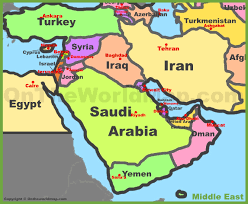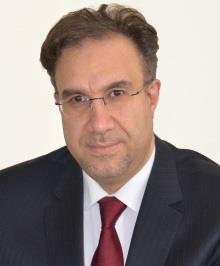1 Introduction
The effectiveness of foreign aid remains controversial. A large literature studies how aid is spent (Werker et al., 2009); how it is absorbed in the domestic economy (Temple and van de Sijpe, 2017); and how much it ultimately stimulates growth (Dalgaard et al., 2004), improves human development outcomes (Boone, 1996), and reduces poverty (Collier and Dollar, 2002). In light of the evidence, some scholars assert that aid plays a pivotal role in promoting economic development in the poorest countries (Sachs, 2005) while others are highly skeptical (Easterly, 2006).
Many studies emphasize that aid effectiveness depends crucially on the quality of institutions and policies in the receiving countries (Burnside and Dollar, 2000)
A concern often voiced by skeptics is that aid may be captured by economic and political elites. The fact that many of the countries that receive foreign aid have high levels of corruption (Alesina and Weder, 2002) invokes fears that aid ows end up in the pockets of the ruling politicians and their cronies. This would be consistent with economic theories of rent seeking in the presence of aid (Svensson, 2000) and resonate with colorful anecdotal evidence about failed development projects and self-interested elites (Klitgaard, 1990). Yet, there is little systematic evidence on diversion of aid
To continue reading download the study as PDF file. Click on the following link
Elite-Capture-of-Foreign-Aid-Evidence-from-Offshore-Bank-Accounts








Comment here